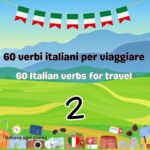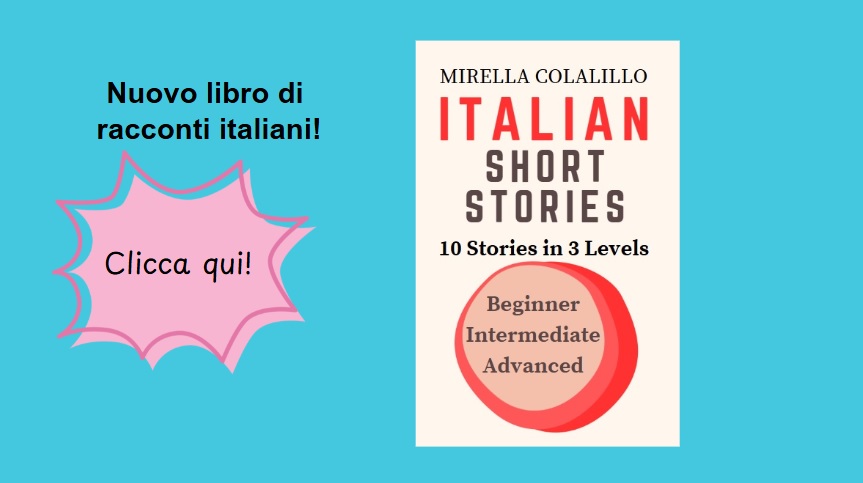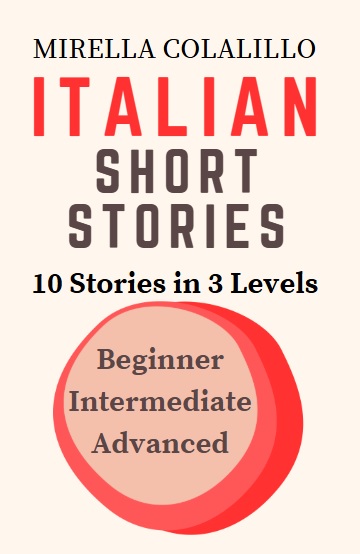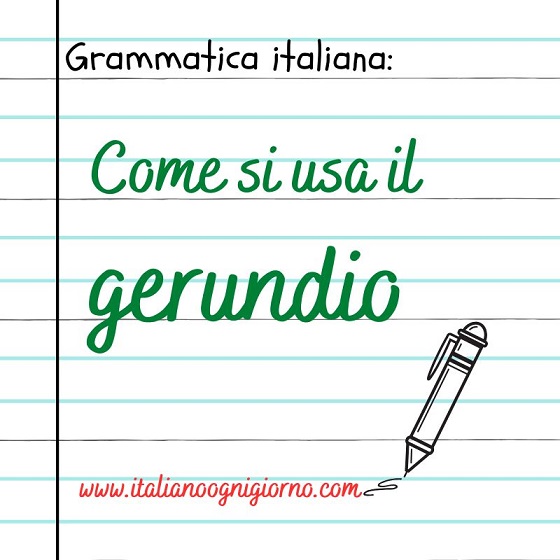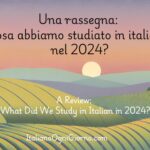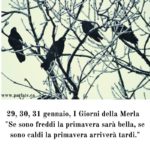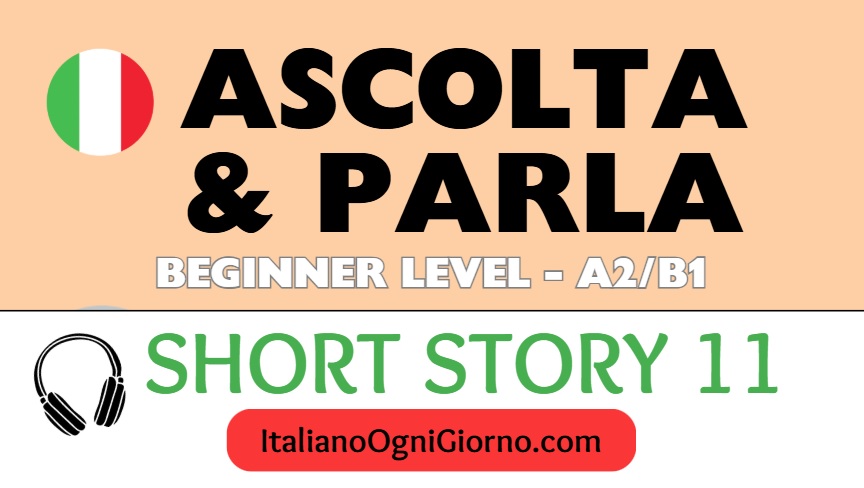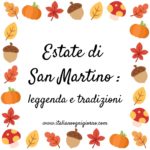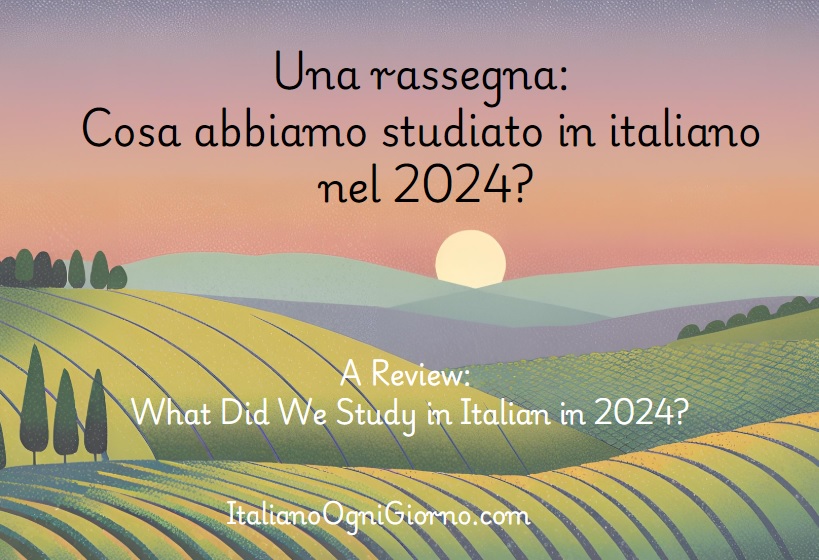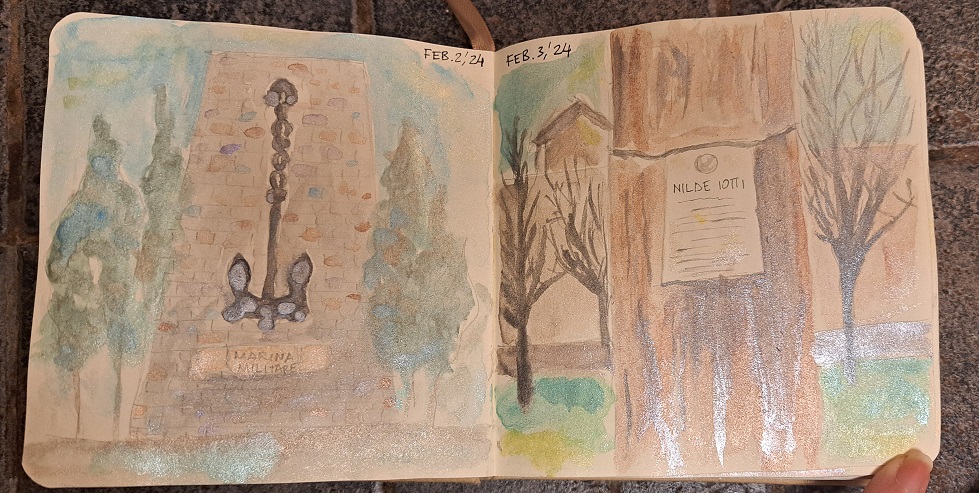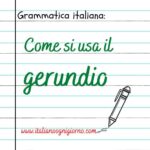(English follows)
Secondo te, se a comandare il mondo non ci fossero gli umani, bensì i nostri amici pelosi, sarebbe un posto migliore? Io credo proprio di sì! Spero che ti diverterà leggere questo nuovo racconto, il mio preferito finora! Quali tra questi primi dodici video-racconti ti sono piaciuti?
Questa storia è adatta al livello A2/B1.
Il PDF include il testo italiano e la traduzione in inglese, e inoltre le domande e le risposte di comprensione e il vocabolario. Buona lettura!
———————————————
Il racconto di questa lezione ha 5 fasi:
- Ascolta la storia senza il testo in italiano.
- Ascolta una seconda volta con il testo e ripeti.
- Studia il vocabolario della storia.
- Rispondi alle domande di comprensione.
- Ascolta e ripeti la storia con più velocità.
Ascoltare la storia senza il testo è importante per imparare i suoni e parlare automaticamente.
Metti un “mi piace” (un like) alla storia se vuoi altre storie come questa!
Ripeti questa lezione ogni giorno per una settimana.
La ripetizione è importante per parlare e pensare in italiano.
English version:
In your opinion, if humans were not in charge of the world, but our furry friends, would it be a better place? I really think so! I hope you enjoy reading this new story, my favorite so far! Which of these first twelve video stories did you like?
This story is suitable for level A2/B1.
The PDF includes the Italian text and the English translation, as well as comprehension questions and answers and vocabulary. Enjoy!
———————————————
The short story in this lesson has 5 steps:
- Listen to the story without the text in Italian.
- Listen a second time with the text and repeat.
- Study the vocabulary in the story.
- Answer the comprehension questions.
- Listen and repeat the story at a faster pace.
Listening to the story without the text is important for learning sounds and speaking automatically.
Repeat this lesson every day for a week.
Repetition is important for speaking and thinking in Italian.
With constant repetition you don’t translate words and you don’t think about grammar.
If you repeat the same sentences out loud they become natural when you speak Italian.
Download the PDF of the story with the text and vocabulary
Like the story if you want more stories like this!
Download the PDF of the story with the text and vocabulary:
- 10 idee per studiare italiano in estate o in vacanza

- 25 verbi riflessivi in italiano

- 3 ways to pronounce the s in Italian
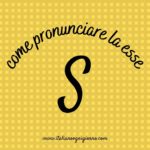
- 32 frasi ipotetiche del primo tipo in italiano

- 32 frasi ipotetiche del secondo tipo in italiano
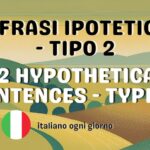
- 5 Italian listening activities | 5 attività per l’ascolto e la pronuncia
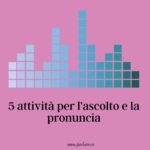
- 6 significati del verbo trovare
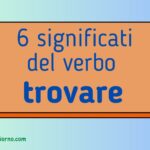
- 60 verbi italiani per viaggiare #1
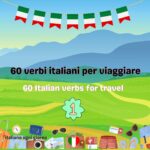
- 60 verbi italiani per viaggiare #2
